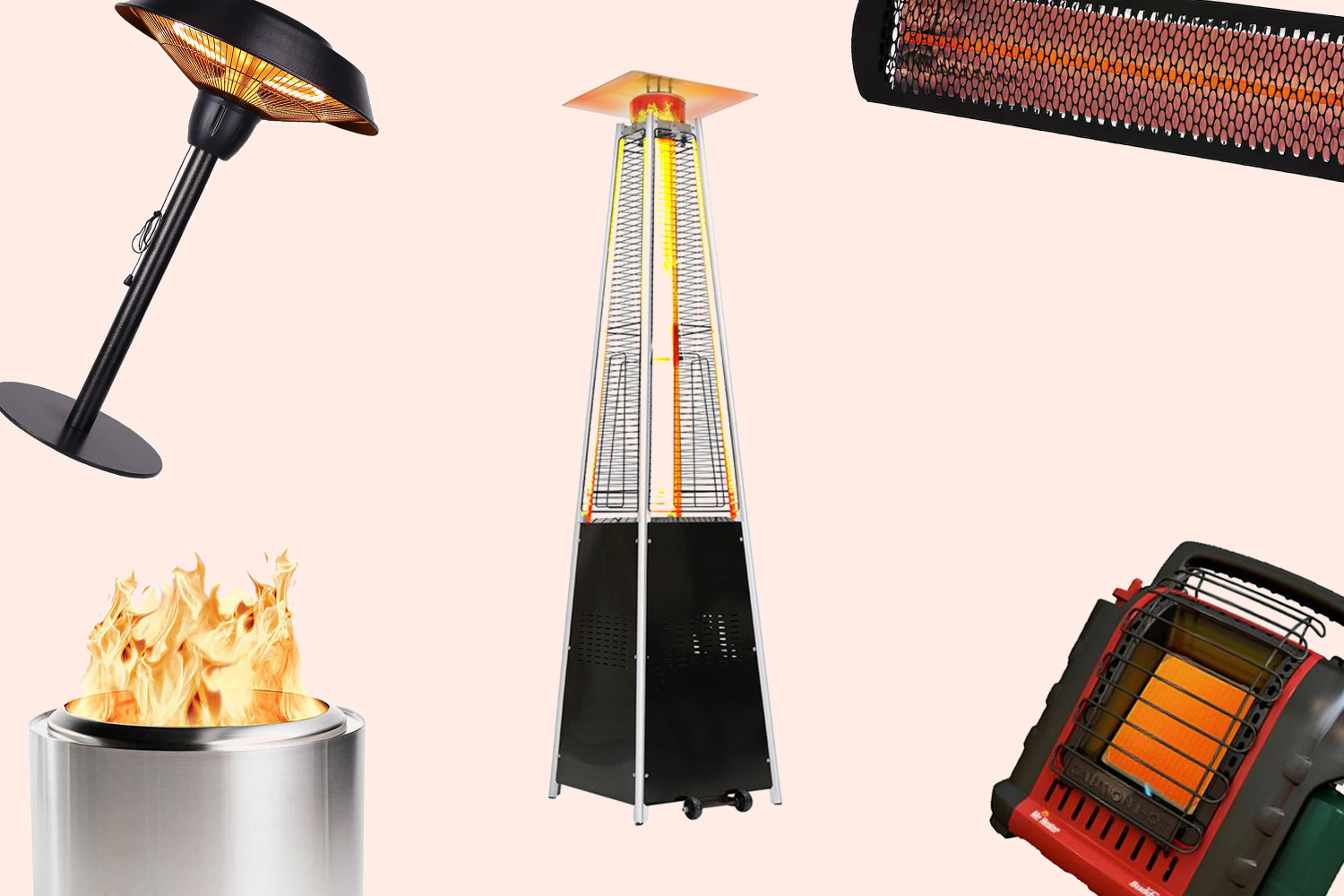Temperatures are dropping across much of the United States as winter begins. With the pandemic’s second wave on the rise and indoor activities being dramatically reduced due to their role in spreading the coronavirus, many people are exploring the idea of heating up outdoor spaces like patios. Why? Because if you are going to socialize, doing so outdoors is a lot safer for all involved.
This has led to an uptick of interest in things like patio heaters and fire pits. But buying a propane heater or a massive fire pit brings other questions to mind as well — namely, just how environmentally friendly those options are.
A new article by Sarah Kaplan at The Washington Post explore the environmental pros and cons of outdoor heaters and fire pits. Kaplan spoke with Nelson Bryner of the National Institute of Standards and Technology to learn about the emissions impact of both. One of the article’s main takeaways is that propane heaters are more efficient than fire pits.
“If you ran your patio heater for 5 hours a week over the course of three months,” Kaplan writes, “you’d generate about as much carbon dioxide as driving a car 450 miles.”
Kaplan also notes that, while less efficient, wood does have an advantage over propane in that it’s renewable. As it turns out, there isn’t an easy answer to this question; instead, the best solution for you might depend on what you want to prioritize when it comes to your environmental impact.
Thanks for reading InsideHook. Sign up for our daily newsletter and be in the know.

















